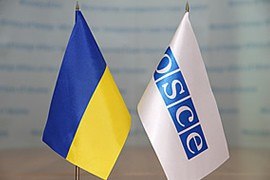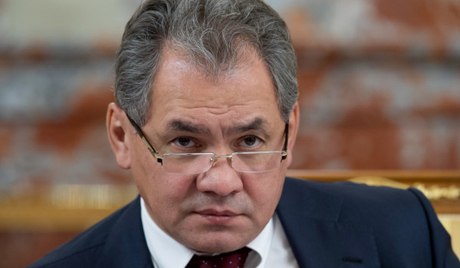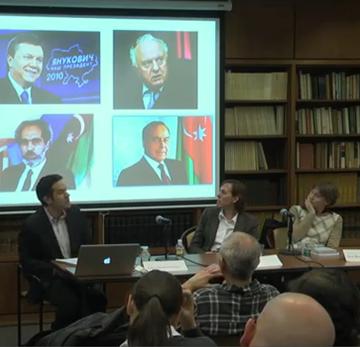Ukrainian public opinion is split. Not between pro-Russian and pro-European forces as many believe. The dividing lines are more subtle. They are between those who feel offended (and even betrayed) by the EU’s alleged negligence toward Ukraine and those who, despite everything, keep faith in Europe as the strongest magnet for their country. On top of this, there are different attitudes toward Europeanization: for some Ukrainians, the European orientation excludes any moves toward Russia, while for others, it appears feasible to maintain a European identity while avoiding making a harsh choice between Brussels and Moscow.
Such sentiments were visible at the public hearings on “Ukraine’s European Perspective” organized in Kharkiv by the Kiev-based Institute for Euro-Atlantic Cooperation and the Konrad Adenauer Foundation. When one participant emotionally accused the EU of betrayal, and voicing regret that Ukraine got rid of its nuclear weapons too early, it became clear that EU–Ukraine relations are marked by deeply political controversies, and cannot be reduced to issues of economics or law.
It seems that some Ukrainians underestimate the depth of the political divide within the EU caused by the very nature of the challenge that their country represents for Europe. On one hand, should the EU opt for consistently playing its cherished “normative power” role, Ukraine will be increasingly marginalized and therefore will most likely fall into the Russian sphere of influence (as long as the Yanukovich regime remains in power). On the other hand, a more pragmatic attitude to Ukraine would lead to the signing of the much-awaited Association Agreement. But should the EU close its eyes to the Timoshenko affair, how could it then explain to Moscow its continuing focus on predominantly normative issues in relations with Russia?
Ukraine holds the 2013 chairmanship of the OSCE, which has unveiled another dividing line in Ukrainian attitudes—between those who think that their country has something to offer for the whole of Europe, and those who are skeptical about this. The latter group believes that it is ridiculous for Ukraine to touch upon the issue of democratic standards during its OSCE chairmanship—indeed, Ukraine rather “successfully” adapted most of the “totalitarian innovations” of Russia, Belarus, and several Central Asian regimes.
Parallels with Kazakhstan, for example, did sit well with some participants, especially against the backdrop of Kazakhstan’s 2010 chairmanship of the OCSE, during which President Nursultan Nazarbaev used that opportunity to demonstrate Kazakhstan's “openness” to the West. Yet, Ukraine's landmarks are much more demanding. Unlike Astana, Kyiv looks for deep Europeanization.
Of course, on its path toward the EU, Ukraine feels pressure from Russia. In particular, Moscow wants Ukraine to focus on two issues during its current OSCE chairmanship—helping reanimate Russian Prime Minister Dmitry Medvedev's proposals on a new security architecture in Europe, and putting more restrictions on the OSCE monitoring and observing missions of elections. As a colleague from Belarus mentioned, Belarus President Alexander Lukashenko is equally angry about OSCE observers.
Still, Ukraine has chosen a different agenda, one more focused on conflict resolution, in particular regarding Transnistria. Dealing with this locale gives Ukraine a chance to demonstrate that it is able to:
- coordinate its foreign policies with the EU;
- communicate with its immediate neighbors (at minimum) or influence them (at maximum); and
- show commitment to a broader concept of security, including "soft" aspects.
Yet even Poland, which a year ago held the rotating EU presidency, was highly reluctant to become involved in conflict resolution. It is therefore hardly expectable that Ukraine will succeed in this respect, especially taking into account that the Meseberg process is more dead than alive, and Brussels detached itself from its implementation, preferring to present the whole idea as a bilateral Berlin–Moscow deal. Yet even more troublesome may be the reaction from Moscow to the expectable conclusion of the Association Agreement between the EU and Moldova at the November 2013 summit of the Eastern Partnership in Vilnius. One cannot rule out that Moscow might change its current position of "non-recognition" of Transniestria.
Ukraine, as the head of today's OSCE, will have to face political complications at close range.











